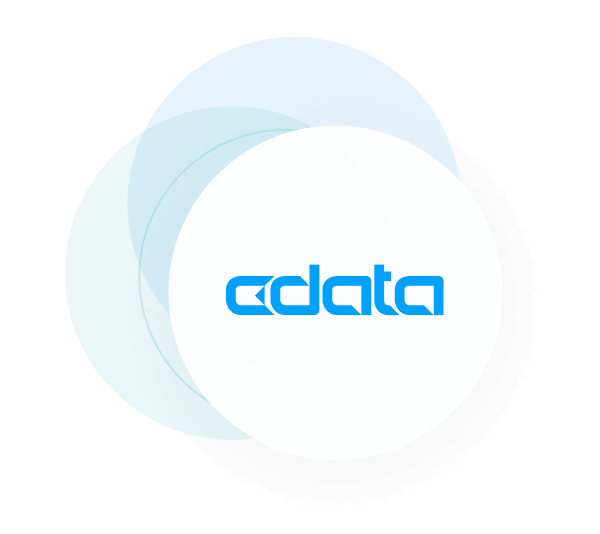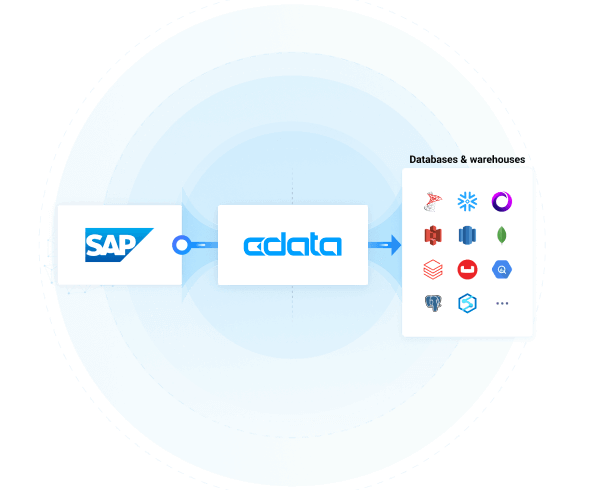The Top 10 Real-World MongoDB Use Cases You Should Know in 2024

MongoDB is a well-known NoSQL, document-based database designed for building highly scalable and available internet applications. Its flexible schema makes it a popular choice for development teams following agile methodologies.
We all know that data-driven decision-making is important for businesses to stay competitive. Organizations leverage big data to gain insights, improve operations, and enhance customer experiences. MongoDB, with its ability to handle large volumes of unstructured data, plays an important role in this landscape. Its scalability and flexibility make it an ideal choice for modern applications that require real-time data processing and analytics.
This article explores the most prominent real-world use cases of MongoDB, demonstrating its versatility and effectiveness across different industries. From e-commerce platforms to healthcare systems, MongoDB’s robust database system supports diverse applications. The purpose of this article is to highlight how MongoDB can be utilized to address specific business needs and challenges!
What is MongoDB?
MongoDB is a NoSQL database designed to handle unstructured data and provide high scalability and flexibility. Unlike traditional relational databases (RDBMS), MongoDB uses a document-oriented database model, storing data in BSON (Binary JSON) format, which allows for a more dynamic schema.
Key features of MongoDB:
- Document database: MongoDB stores data in documents similar to JSON objects, making it easier to manage complex data structures.
- Sharding: This feature allows MongoDB to distribute data across multiple servers, enhancing scalability and performance.
- Flexible schema: MongoDB’s schema-less nature allows for the storage of various data types without a predefined structure, accommodating evolving data models.
- Indexes: MongoDB supports indexing to improve the efficiency of queries, ensuring faster data retrieval.
- Horizontal scalability: MongoDB can scale out horizontally by adding more servers, making it suitable for big data applications.
- Aggregation framework: MongoDB provides powerful aggregation capabilities for data processing and analysis.
- High availability: MongoDB ensures data availability through replication, maintaining multiple copies of data across different servers.
Why choose MongoDB?
Here is a list of key reasons why you should choose MongoDB over other DB (database) solutions:
- Scalability: MongoDB offers horizontal scalability through sharding, allowing the database to handle large volumes of unstructured data by distributing it across multiple servers. This makes it a highly scalable solution for growing applications.
- High availability & reliability of data: MongoDB ensures high availability and reliability through replica sets, which maintain multiple copies of data across different servers. This setup provides automatic failover and data redundancy, ensuring that the database system remains operational even during server failures.
- Schema flexibility: Unlike relational databases, MongoDB uses a flexible schema design, allowing for dynamic changes to the data model without downtime. This flexibility is ideal for applications that require frequent updates to the data structure.
- Performance: MongoDB’s document-oriented database model, which stores data in BSON format, allows for faster query performance compared to traditional SQL databases. The use of indexes further enhances query efficiency.
- Handling unstructured data: As a NoSQL database, MongoDB excels in managing unstructured data. It stores data in JSON-like documents, making it suitable for applications dealing with diverse data types and formats.
- Developer productivity: MongoDB’s query language is designed to be intuitive and easy to use, which can significantly boost developer productivity. The document model aligns well with modern programming languages, reducing the complexity of data manipulation.
- Cost-effectiveness: Being an open-source solution, MongoDB offers a cost-effective alternative to proprietary RDBMS. Additionally, its cloud service, MongoDB Atlas, provides scalable and managed database solutions, reducing the overhead of database maintenance.
- Use cases: MongoDB is versatile and supports a wide range of use cases, from content management systems to big data applications. Its ability to handle large volumes of data and provide real-time analytics makes it a preferred choice for modern applications.
Top 10 MongoDB use cases
As a NoSQL database, MongoDB is widely used for storing and managing large volumes of unstructured or semi-structured data. Here are some of the top use cases for BigQuery in 2024:
- Business & operational intelligence: MongoDB’s ability to handle big data and perform real-time analytics makes it ideal for business and operational intelligence. Its document database model allows for efficient query and aggregation of large datasets, providing valuable insights for decision-making. For instance, MetLife uses MongoDB to integrate data from multiple sources, enabling real-time analysis and improved customer service.
- Customer service applications: MongoDB is used in customer service applications to manage and analyze unstructured data from various sources. Its scalability and flexible schema design enable the creation of responsive and efficient customer service platforms. For example, eBay uses MongoDB to store and manage customer interactions, enhancing their service quality.
- Merchandising categorization: Retailers use MongoDB for merchandising categorization, leveraging its document-oriented database to manage diverse product data. The schema flexibility allows for easy updates and modifications to product categories and attributes. A notable example is Walmart, which uses MongoDB to manage its vast product catalog.
- Travel data aggregation & customization: MongoDB’s sharding capability ensures efficient handling of large volumes of travel-related data, providing personalized travel recommendations and real-time updates. Travel companies like Expedia use MongoDB to aggregate and customize travel data.
- Content management systems: MongoDB is widely used in content management systems (CMS) because it handles various data types and formats. Its JSON-like BSON format allows for easy storage and retrieval of multimedia content, making it a preferred choice for CMS platforms. For example, The New York Times uses MongoDB to manage its vast articles and multimedia content archive.
- Customer analytics: Businesses use MongoDB for customer analytics to gain insights into customer behavior and preferences. The non-relational database structure allows for integrating data from multiple sources, providing a comprehensive view of customer interactions. For instance, Verizon uses MongoDB to analyze customer data and improve its services.
- Internet of Things (IoT): MongoDB is used in IoT applications to manage and analyze data from connected devices. Its scalable architecture and ability to handle unstructured data make it suitable for processing large volumes of IoT data in real time. Manufacturing companies like Bosch use MongoDB to manage data from their IoT devices, ensuring efficient data processing and analysis.
- Real-time analytics: MongoDB’s indexes and efficient query language enable real-time analytics, making it ideal for applications that require immediate data processing and insights. This capability is crucial for industries like finance and e-commerce. For example, Barclays uses MongoDB for real-time fraud detection and analytics.
- Mobile applications: MongoDB is used in mobile applications to store and sync data across devices. Its document model and cloud integration with MongoDB Atlas provide a seamless experience for mobile app users, ensuring data consistency and availability. Online dating applications like Tinder use MongoDB to manage user data and interactions, ensuring a smooth user experience.
- E-commerce platforms: E-commerce platforms use MongoDB to manage product catalogs, customer data, and transaction records. The document-oriented database structure allows for flexible and scalable data management, supporting the dynamic nature of e-commerce operations. For instance, Shopify uses MongoDB to manage its high-volume data and provide a great shopping experience.
CData Drivers
CData Drivers enable seamless live data access between various data sources and applications, leveraging standards-based connectors for ODBC, JDBC, and more. These connectors integrate directly into your tools, ensuring smooth data flow and real-time insights.
With CData MongoDB Drivers and Connectors, you can effortlessly access live MongoDB data from over 300 BI, analytics, reporting, ETL, and custom applications. This integration supports MongoDB’s flexible schema, sharding, and scalability, allowing you to query and analyze unstructured data efficiently. By using CData Drivers, you can bridge the gap between MongoDB and traditional relational databases, enhancing your data model and overall database system architecture.
As always, our support team is ready to answer any questions you have. Have you joined the CData Community? Ask questions, get answers, and share your knowledge in CData connectivity tools. Join us!
Try CData Drivers today
Download a free trial of CData Drivers to learn how to streamline the process of connecting applications and systems across your data ecosystem.





